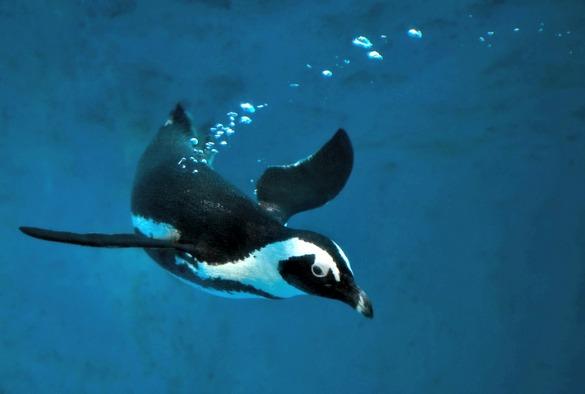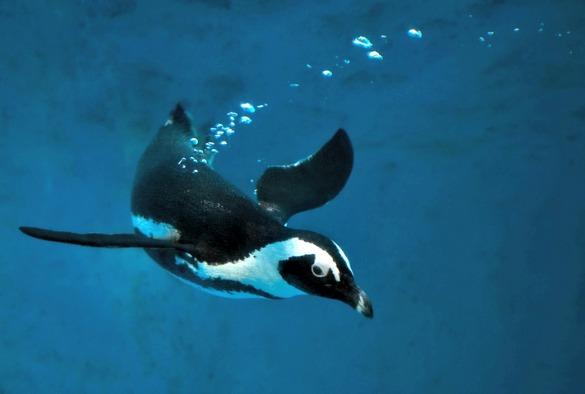
Credit: Thinkstock
Researchers from the University's Institute of Translational Medicine have determined the most effective drug dose to help penguins in managed care fight off disease.
Aspergillosis is a common respiratory fungal disease in African penguins (Spheniscus demersus) under managed care. Historically this disease was treated with the antifungal medication vitraconazole. Unfortunately, due to drug resistance, this treatment failed.
Recently another antifungal medication, voriconazole, has been used but, due to the dosing being based on other avian medications, this has resulted in the penguins suffering from adverse drug effects.
Drug exposure
Researchers, from the University's Institute of Translational Medicine led by Dr Katharine Stott, sought to determine the safest and most effective dose of voriconazole for African penguins.
They evaluated the effectiveness of multiple single and daily oral doses of voriconazole by analysing the concentration of the drug in plasma taken from the penguins during two trials.
The researchers used the data to construct a mathematical model to describe how the penguins metabolise voriconazole and to predict drug exposure.
Using the model, they were then able to simulate alternative dosing strategies to find one that replicated the drug exposure known to be effective in humans, whilst avoiding toxicity.
Patient size
The research, published in BioOne, demonstrated that administration of 5mg/kg voriconazole once daily is a safe and effective dosing strategy for African Penguins with invasive aspergillosis.
Dr Stott, said: "Although this project was a somewhat unusual one for our group, the problem it presents is common: how can we better understand dosing strategies to optimise the use of antimicrobial agents?
"The project also dealt with an issue commonly faced when trying to design paediatric treatment regimens in that dosing requirements are not always proportionally related to patient size."
The full paper, entitled 'Pharmacokinetics of orally administered voriconazole in African penguins after single and multiple doses', can be found here https://doi.org/10.1638/2016-0160R2.1
###
Media Contact
Simon Wood
[email protected]
44-151-794-8356
@livuninews
http://www.liv.ac.uk
Related Journal Article
http://dx.doi.org/10.1638/2016-0160R2.1





